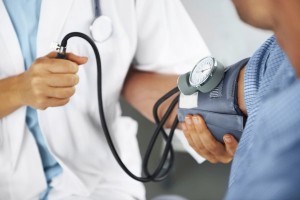 Every medical treatment comes with risks of side effects and adverse events, and also a chance that it simply won’t work. Because we are each unique individuals with slightly different biological make-ups, we each react differently to medical interventions.
Every medical treatment comes with risks of side effects and adverse events, and also a chance that it simply won’t work. Because we are each unique individuals with slightly different biological make-ups, we each react differently to medical interventions.
But a new systematic review published in the Journal of the American Medical Association found that most patients are overly optimistic, underestimating the risks and overestimating the benefits of medical treatment.
The review included 35 studies and more than 27,000 patients that assessed patients’ expectations of a variety of medical treatments, including screening tests, medications and surgeries. Among the treatments included in the review are mammography to prevent breast cancer, cataract repair, hip and knee replacement, ultrasound to detect fetal abnormalities and medications to treat heart disease.
Across the board, researchers found that patients overestimated the benefits for 65 percent of the treatments included in the review, and underestimated the harms for 67 percent of the treatments.
Essentially, patients too often focus on the possible benefits of treatments while ignoring side effects and adverse outcomes that doctors know may occur. This is true across a broad range of diseases and medical treatments.
“Participants rarely had accurate expectations of benefits and harms and for many interventions, regardless of whether a treatment, test, or screen, they had a tendency to overestimate its benefits and underestimate its harms,” the authors wrote.
The reviewers deduce several possible reasons for this problem, including the practice of marketing treatments directly to patients, communication problems between doctors and patients, and an overall trust in medical professionals.
The take-home message: It’s important to carefully consider the risks and benefits of any medical treatment you are considering. Because being overly optimistic about medical treatments can drive patients to seek out more medical care than they actually need.



Speak Your Mind